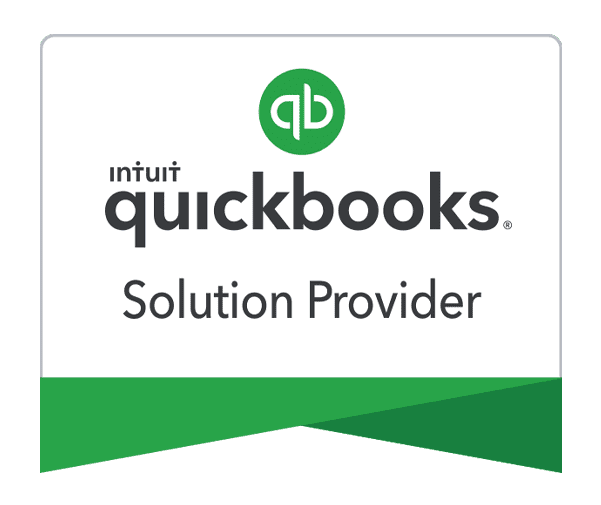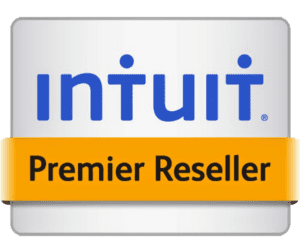Surcharges, if not handled correctly, can lead to customer dissatisfaction and potential legal issues. However, when implemented transparently and compliantly, they can help businesses recover costs, maintain competitive pricing, and enhance overall financial health.
Let’s discuss what surcharges are, their benefits, and best practices for implementing them in QuickBooks.
What Are Surcharges in QuickBooks?
Surcharges are additional fees added to a customer’s invoice to cover specific costs, such as credit card processing fees or other transaction-related expenses. In QuickBooks, surcharges can be easily integrated into your invoicing process, allowing for transparent and straightforward cost recovery. Understanding the different types of surcharges and their implications is essential for effective implementation.
QuickBooks makes it relatively simple to apply surcharges to invoices, but the key is to do so in a manner that is both transparent and fair to your customers. By doing this, businesses can avoid potential backlash and ensure that customers understand the necessity of these additional fees. Furthermore, it is important to stay updated with legal regulations regarding surcharges to avoid any compliance issues.
Learn whether surcharging is right for your business.
Types of Surcharges
There are several types of surcharges that businesses might encounter, including:
- Credit Card Processing Fees: These are fees charged by credit card companies for processing transactions. They typically range from 1.5% to 3.5% of the transaction amount.
- Convenience Fees: Fees for providing an alternative payment method that is more convenient for the customer, such as online payment options.
- Shipping and Handling Fees: Additional charges to cover the cost of shipping and handling of goods. These fees can vary depending on the weight, size, and destination of the shipment.
Benefits of Using Surcharges in Your Pricing Strategy
Enhanced Cost Recovery
Surcharges help businesses recover costs associated with specific transactions, ensuring that these expenses do not eat into the profit margin. By passing these costs onto the customer, businesses can maintain healthier profit margins. This practice is particularly beneficial for small businesses that operate on tight margins and need to account for every dollar spent.
Moreover, enhanced cost recovery allows businesses to allocate resources more efficiently. Instead of absorbing transaction-related costs, businesses can invest those funds into other areas, such as marketing, product development, or customer service improvements. This strategic allocation can drive growth and improve overall business performance.
Transparent Pricing
Including surcharges transparently on invoices helps build trust with customers. It shows that your business is upfront about additional costs, which can enhance customer satisfaction and loyalty. When customers clearly see what they are being charged for, they are more likely to feel valued and respected, leading to stronger customer relationships.
Transparent pricing also reduces the likelihood of disputes and chargebacks. When customers understand the breakdown of their charges, there is less room for misunderstanding or dissatisfaction. This clarity can lead to smoother transactions and a more positive customer experience overall.
Competitive Pricing
By separating surcharges from the base price of your products or services, you can keep your pricing competitive. Customers can see the true cost of a transaction, which can be advantageous in price-sensitive markets. This strategy allows businesses to attract cost-conscious consumers while still covering essential transaction costs through surcharges.
Furthermore, competitive pricing coupled with clear surcharges can differentiate your business from competitors who may bundle all costs into higher base prices. This approach provides a transparent and appealing pricing structure that can attract more customers and boost sales.
Best Practices for Surcharging in QuickBooks
Clear Communication
Always communicate clearly with customers about surcharges. Include detailed explanations on invoices and provide information on your website or in-store signage to ensure customers understand why the surcharge is being applied. Effective communication helps manage customer expectations and reduces potential friction during transactions.
Regular Review
Regularly review your surcharge strategy to ensure it remains effective and compliant. This includes monitoring changes in regulations, customer feedback, and the impact on your profitability. Staying proactive in reviewing and adjusting your strategy can help your business stay competitive and compliant.
Training Staff
Ensure that your staff is well-trained on how to implement surcharges in QuickBooks and how to communicate them to customers. Proper training can help avoid errors and improve customer interactions. Knowledgeable staff can handle customer inquiries confidently and accurately, enhancing the overall customer experience.
Compliant Surcharging in QuickBooks Online
Achieving compliant surcharging in QuickBooks Online can be seamlessly managed by integrating with a robust payment gateway. A comprehensive payment gateway ensures that all surcharges applied are in line with regulatory standards, helping businesses avoid legal complications. These gateways often provide tools that automatically calculate and apply surcharges correctly, reducing the administrative burden on your team.
Additionally, using an integrated payment gateway with QuickBooks Online offers several other benefits. It simplifies the payment process for customers, providing them with multiple payment options and ensuring secure transactions. This integration also streamlines your accounting processes, as all payment data is automatically synced with your QuickBooks Online account, ensuring accurate and up-to-date financial records.
Conclusion
Understanding and implementing surcharges in QuickBooks can significantly impact your pricing strategy and overall profitability. By carefully managing surcharges, businesses can recover transaction-related costs, maintain competitive pricing, and ensure transparent communication with customers. However, it’s crucial to stay compliant with local regulations and regularly review your surcharging practices.
For businesses looking to leverage the benefits of QuickBooks Payments integrations, Paygration offers expert guidance and support. Our team will set up a solid QuickBooks payment gateway for compliant surcharging and more flexible payment processing. Get started today by calling 866-949-7267 or clicking the link below to get a free demo.

















